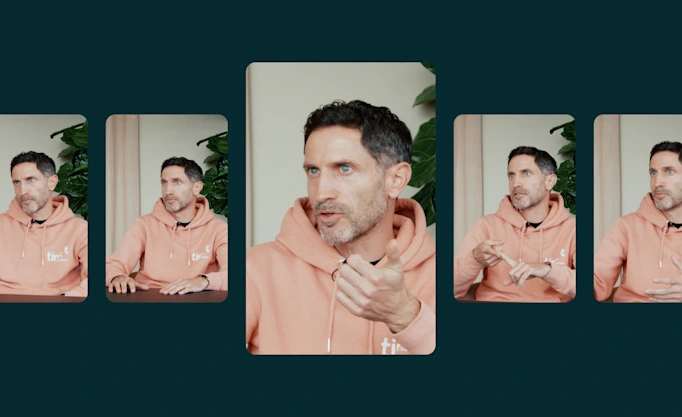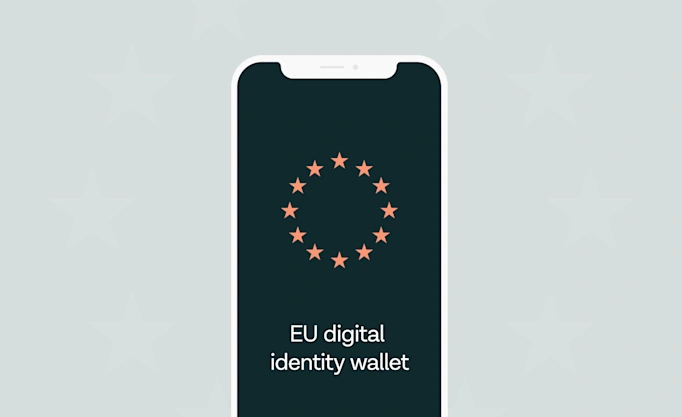Why open banking relies on trust – and the 4 keys to building it

Open banking is changing the way people interact with their finances, as more providers launch value added services that have a real impact on people’s lives. But to get people to adopt new services – especially when they require sharing personal data – you need a solid foundation of trust. Here’s why trust matters, and the four pillars that are needed to keep it in place.
Earlier this year, the central bank of the Netherlands released a report on the consumer propensity to adopt PSD2 services. The report clearly stated their use can be predicted by the trust that users have in the providers of these services.
Trust is believing that ‘something is safe and reliable’, and it’s something we often take for granted in our day-to-day lives. Take money for example. Most people trust their money and its value intrinsically – which enables people and businesses to cooperate and thrive regardless of borders. People trust money because they trust the central banks that have been issuing it for decades (if not centuries), and the security systems they have in place to prevent counterfeit.
Traditionally, this trust has been transferred to banks and institutions that help people manage their money, with many keeping the same provider year after year. But as the industry changes, new players come to market and open banking technology makes completely new services possible, what are the factors that can ensure trust remains high?
The four building blocks of trust

1. Regulation
PSD2 has provided a basic level of trust from a regulatory perspective. Under PSD2, newcomers that want to offer account aggregation and payment initiation services must have a licence – and those that have managed to get one will tell you that it’s no easy task. But once they do, it provides evidence that they have passed a high quality bar set by the relevant authority, that signals to others that they are to be trusted.
2. Security
Over the years, we’ve learnt that open banking tech providers (like ourselves) need to be more secure than any other institution on the market – especially when it comes to information security. Because ultimately, users need to be able to trust these providers with their data.
The certificates that a tech provider has for information security (such as ISO 27001) can be evidence for good security. The same goes for state-of-the-art technology. But the only way to prove exceptional security is by allowing the systems to be continuously tested for vulnerabilities by independent security companies. In a world with open banking, only the most secure partners are fit to work with some of the largest and most rigorous banks in the world.
3. Competence
Experience can come in many dimensions – years, amount of tests, number of failures and successes. But competence can be measured more concretely, because it translates into quality and results. Competence and (proven) experience in open banking serve as an important proof point to help customers put their trust in a service provider.
4. Integrity
Finally, and perhaps the most important dimension of trust for open banking, is integrity. It is essential that everyone understands that their data will be used for their benefit only, and for the purposes that have been explicitly stated. Integrity is all about honesty and good intentions, particularly when it comes to private information, and is the only way trust can be built.
Reaping the benefits
Considering the above, incumbent banks are in a good position to offer PSD2 services to their customers. Indeed, the report by the central bank of the Netherlands concludes that banks’ position is strong – especially due to their large customer base. But a newcomer that can give customers confidence in its security and integrity can also attract customers by offering them financially attractive products.
Incumbent banks and newcomers alike can reap the benefits of open banking. But to do that, they need to deliver meaningful financial services that truly add value - while building consumer trust.
More in Open banking

2025-06-09
11 min read
The case for “Pay by Bank” as a global term
Thomas Gmelch argues that "Pay by Bank" should be adopted as a standard term for open banking-powered account-to-account payments to reduce confusion, build trust, and boost adoption across the industry.
Read more

2025-06-02
3 min read
Tink joins Visa A2A – what it means for Pay by Bank and VRP
Visa A2A brings an enhanced framework to Pay by Bank and variable recurring payments (VRP) in the UK, and Tink is excited to be one of the first members of this new solution.
Read more

2024-11-19
12 min read
From authentication to authorisation: Navigating the changes with eIDAS 2.0
Discover how the eIDAS 2.0 regulation is set to transform digital identity and payment processes across the EU, promising seamless authentication, enhanced security, and a future where forgotten passwords and cumbersome paperwork are a thing of the past.
Read more
Get started with Tink
Contact our team to learn more about what we can help you build – or create an account to get started right away.
